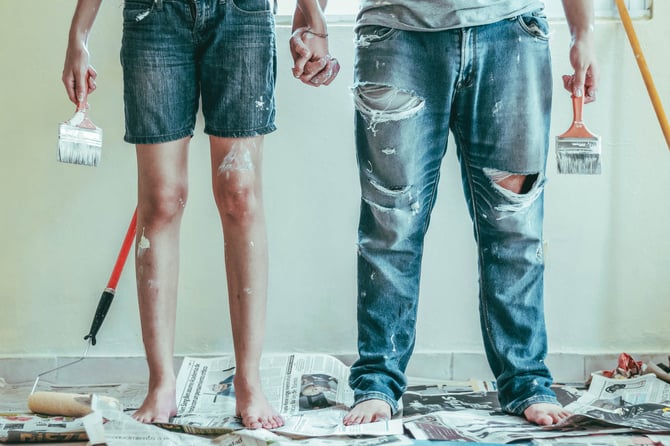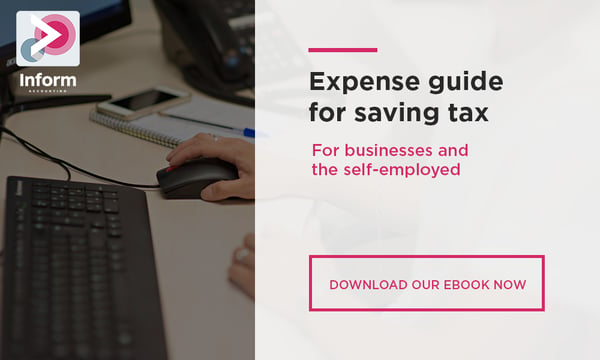BLOG
Renovating the holiday let during lockdown

The Covid-19 pandemic has hit the hospitality and leisure industry hard. Landlords with furnished holiday lettings have been unable to let their properties for considerable periods of time as a result of national and local lockdowns.
Properties need regular maintenance and refurbishment, and while being in lockdown is not ideal, it does provide a window in which to undertake repairs and generally refresh and improve the property. Where expenses are incurred during a period for which the property is unavailable for letting, are the associated expenses deductible in computing the profits or losses of the furnished holiday business?
General rule
Expenses are deductible in computing the profits and losses for a property business as long as they are revenue in nature and are incurred wholly and exclusively for the purposes of the business. If the accounts are prepared using the cash basis, capital expenditure may also be deductible in accordance with the cash basis capital expenditure rules.
Impact of property closure
It will generally be the case that repairs and refurbishments are undertaken while the property is not let – no one wants to rent a holiday home to find they are sharing it with builders.
Where the property is kept solely for letting as furnished holiday accommodation, but is in fact closed for part of the year because there are no customers or no business, HMRC allow a deduction for all associated expenses incurred in this period as long as there is no private use. Consequently, where the furnished holiday let is closed during lockdown, a deduction should be forthcoming for expenses incurred in this period.
However, a deduction is not permitted where the property is used privately. Consequently, if the landlord is living in the property during lockdown and undertaking the work at the same time, a deduction will be denied for expenses incurred during the period of private use. The landlord may need to balance the convenience of living in the property while doing the work against the loss of associated deductions for tax purposes.
Repairs v improvement
Where significant work is undertaken, it is important to understand the distinction between repairs, which essentially maintain the property, and improvements, which enhance it. A repair will include replacing roof tiles blown off in a storm, whereas a new extension would constitute an improvement. Repairs are revenue expenses which can be deducted, whereas improvement expenditure is capital expenditure which cannot in computing profits.
Read more of Inform's tax blogs:
Inform Accounting wins at the Accounting Excellence Awards
Five furlough changes you need to know




.jpg?width=1500&height=1000&name=amy-hirschi-K0c8ko3e6AA-unsplash-(5).jpg)

